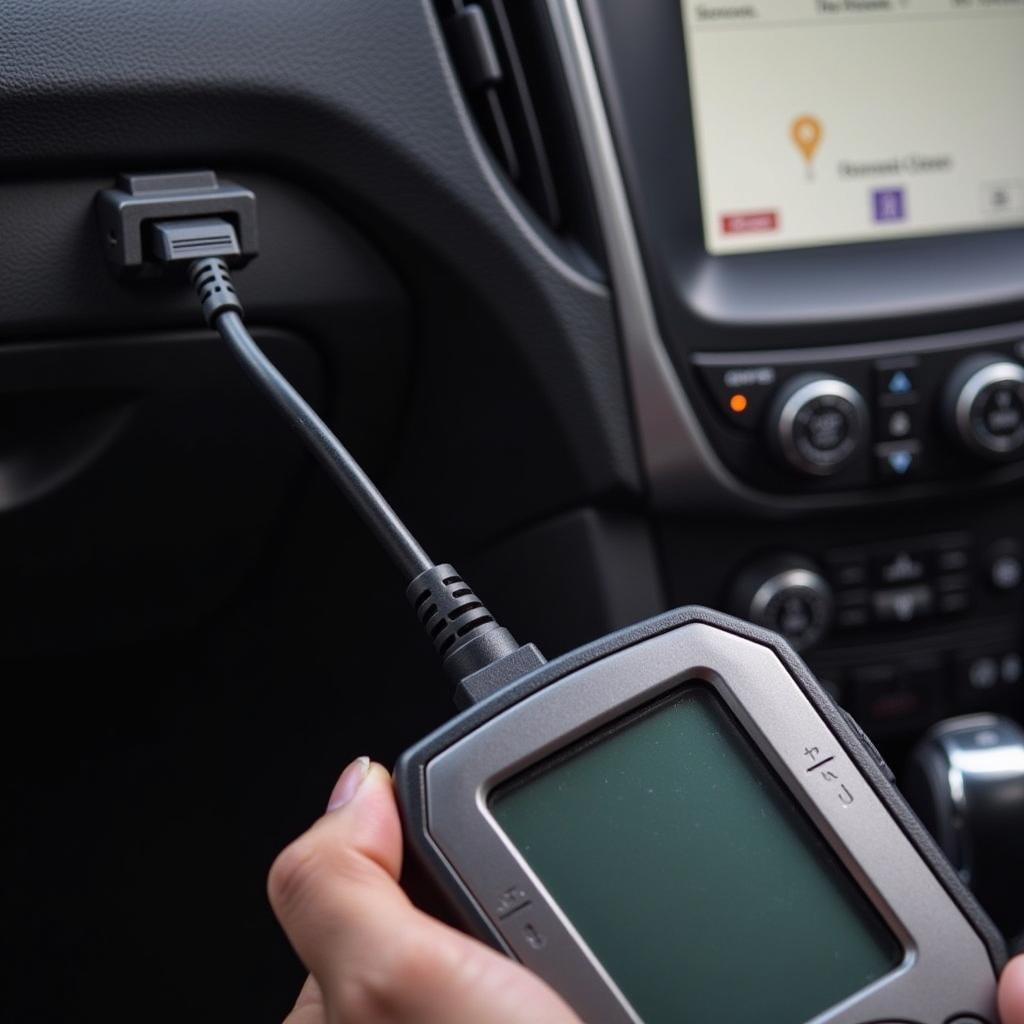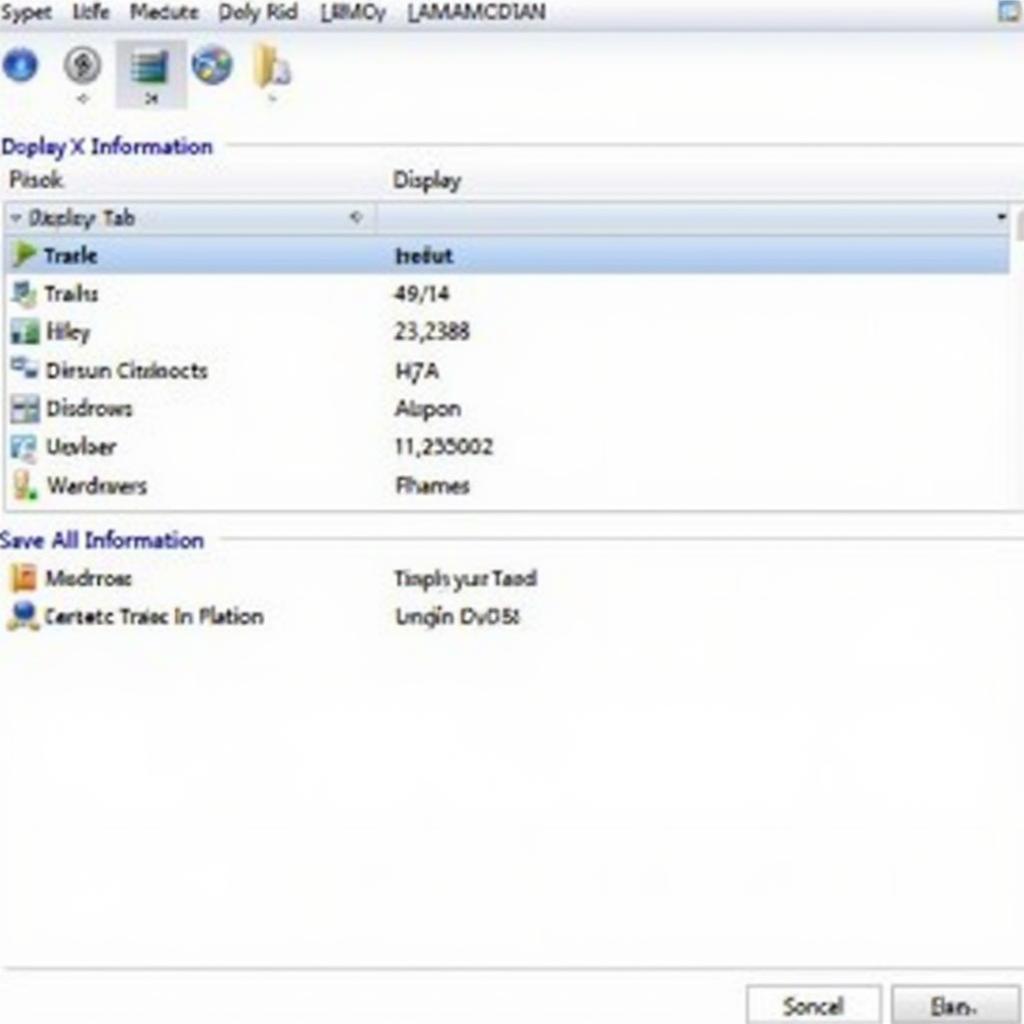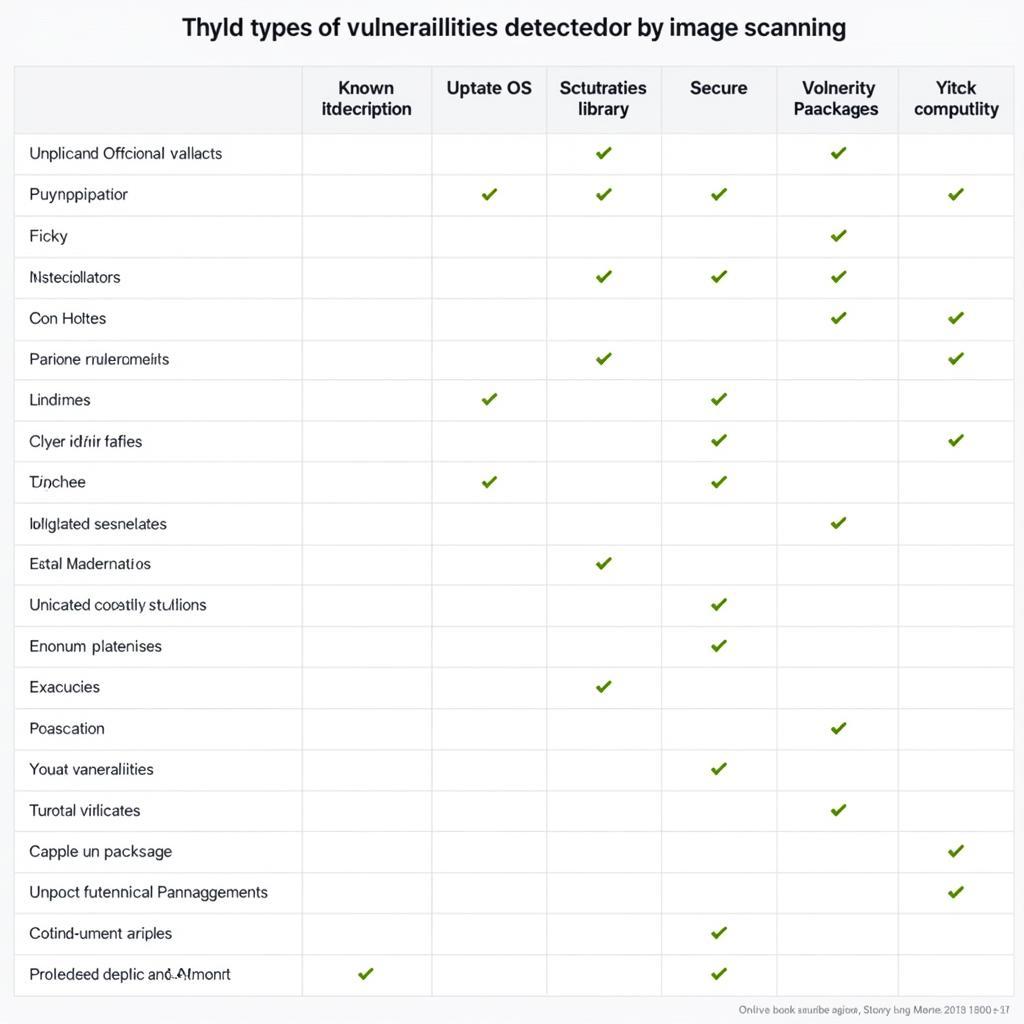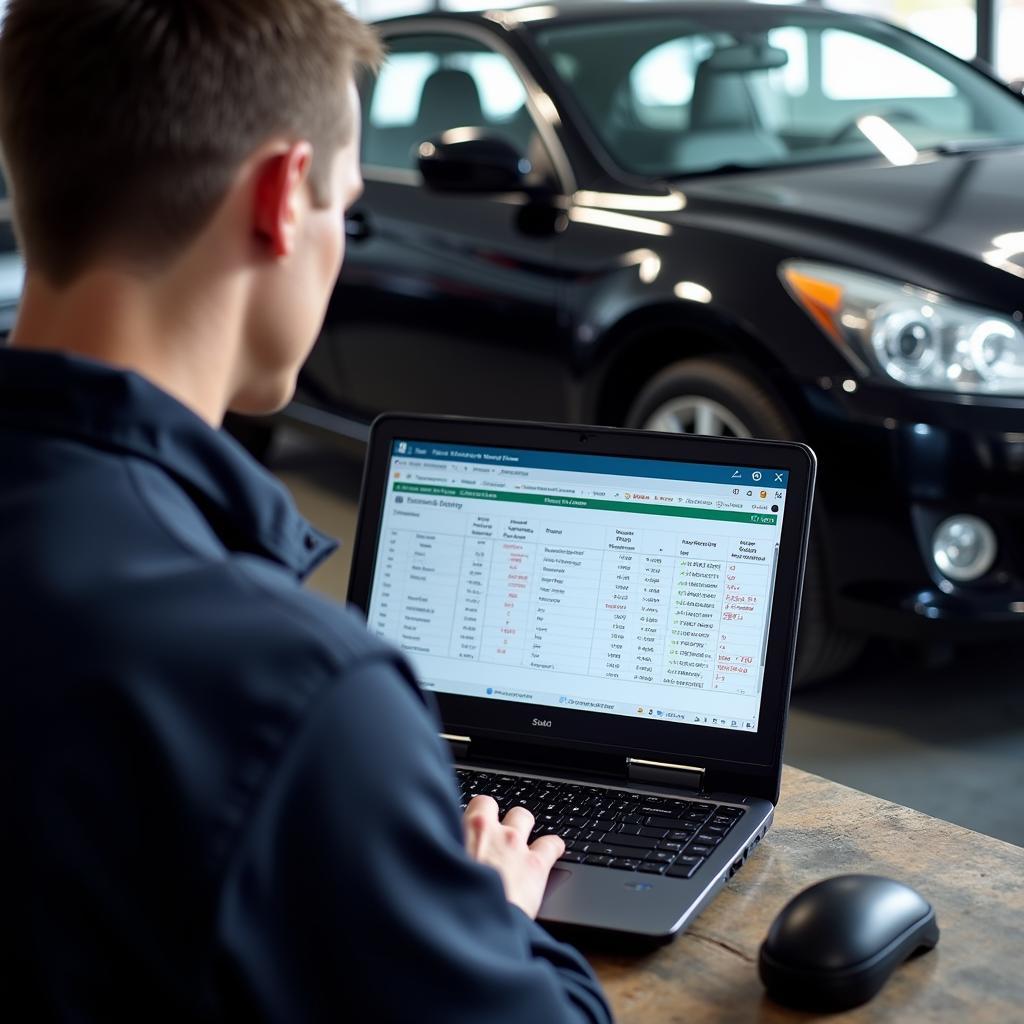In today’s digital age, car problems can feel like deciphering hieroglyphics. The good news? You don’t need to be a mechanic with years of experience to understand what’s going on under the hood. A good inexpensive scan tool can be your secret weapon, empowering you to read those cryptic engine codes, diagnose issues, and potentially save a bundle on costly mechanic bills. Whether you’re a DIY enthusiast or just want to be more informed at the repair shop, this guide will navigate you through the world of the best inexpensive car scanner tool options available.
Why Do You Need an Inexpensive Scan Tool?
Remember the days when a mechanic would hook up your car to a mysterious machine, utter pronouncements about faulty sensors, and present you with a hefty bill? Those days are fading. An inexspensive bluetooth obd scan tool gives you a direct line to your car’s computer, translating those complex codes into understandable language. This empowers you to:
- Diagnose the Check Engine Light: That glowing orange light on your dashboard? It’s more than just an annoyance. A scan tool tells you exactly what triggered it, from a loose gas cap to a more serious engine problem.
- Reset the Check Engine Light: After fixing a problem, you can use a scan tool to reset the light, saving you a trip to the mechanic for a simple task.
- Monitor Vehicle Performance: Some scan tools offer real-time data on your car’s performance, including speed, RPM, coolant temperature, and more. Think of it as a health check for your car.
Choosing the Right Inexpensive Scan Tool: Features That Matter
Not all scan tools are created equal, especially when it comes to price and features. Here’s what to consider when choosing the best one for your needs:
1. Basic vs. Advanced Features:
- Basic Scan Tools: These budget-friendly options are perfect for reading and clearing basic engine codes. If your goal is to understand and reset the check engine light, a basic scan tool will suffice.
- Advanced Scan Tools: For the more tech-savvy DIYer, these tools offer a deeper dive into your car’s systems. You’ll get features like live data streaming, ABS (anti-lock brake system) diagnostics, airbag system checks, and even the ability to program keys.
2. Compatibility:
Ensure the scan tool is compatible with your vehicle’s make, model, and year. Most cars manufactured after 1996 use the OBD-II (On-Board Diagnostics II) standard. However, it’s always best to double-check compatibility before you buy.
3. Connectivity:
- Wired Scan Tools: These connect directly to your car’s OBD-II port. They are generally reliable and affordable.
- Bluetooth Scan Tools: These wireless wonders connect to your smartphone or tablet, providing a more convenient and portable solution. They often come with user-friendly apps that enhance data visualization and analysis.
Debunking the Myth: Inexpensive Doesn’t Mean Ineffective
You might be thinking, “Can a cheapest scan tools really be effective?” The answer is a resounding yes! While professional-grade scan tools used by mechanics can cost hundreds or even thousands of dollars, there are plenty of affordable options on the market that provide the essential features DIYers need. Remember, the goal is to empower yourself with knowledge about your car’s health, and you don’t need to break the bank to do so.
Top Tips for Using Your New Scan Tool:
- Locate the OBD-II Port: It’s usually located under the dashboard on the driver’s side.
- Plug In and Power Up: Connect the scan tool to the port and turn on your car’s ignition (don’t start the engine).
- Read the Codes: The scan tool will display any trouble codes stored in your car’s computer.
- Research the Codes: Don’t panic when you see codes! Use online resources or repair manuals to understand what each code means.
- Diagnose and Repair (or Seek Help): Armed with this knowledge, you can attempt simple repairs yourself or head to a mechanic with a better understanding of the issue.
“A good scan tool is like having a window into your car’s soul,” says Emily Carter, a seasoned mechanic with over 15 years of experience. “It takes the guesswork out of diagnostics, allowing you to pinpoint problems quickly and efficiently.”
FAQs: Answering Your Scan Tool Queries
Q: Can I use a scan tool on any car?
A: Most cars made after 1996 in the US and after 2001 in Europe and other regions are equipped with the OBD-II port, which is compatible with most scan tools. However, it’s always best to check the manufacturer’s specifications for your specific car model.
Q: What is a “car scanner code p0340” and should I be worried?
A: A car scanner code p0340 indicates a potential issue with your camshaft position sensor circuit. This sensor plays a crucial role in engine timing, so while not an immediate emergency, it’s best to have it addressed sooner rather than later to prevent potential performance issues.
Q: Can a scan tool tell me everything that’s wrong with my car?
A: While scan tools are powerful diagnostic tools, they are not a magic bullet. They excel at identifying engine and emissions-related issues. However, they might not always detect problems with components like the transmission, suspension, or other mechanical parts.
Empower Yourself with Knowledge and the Right Tools
Investing in the car scanner pro for your needs doesn’t have to be a daunting or expensive endeavor. With a little research and guidance, you can find the perfect scan tool to demystify those car troubles and keep you confidently in the driver’s seat. Remember, knowledge is power, and when it comes to car maintenance, that power is now at your fingertips.
Need help finding the best scan tool? Our team at CARW Workshop is here to guide you. Contact us at +1 (641) 206-8880 or visit our office at 4 Villa Wy, Shoshoni, Wyoming, United States.







One Response